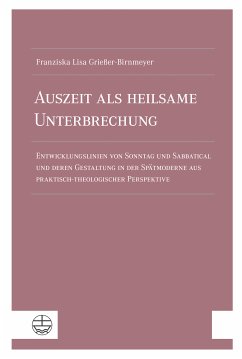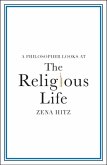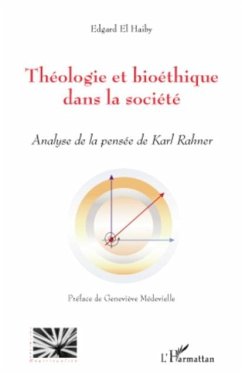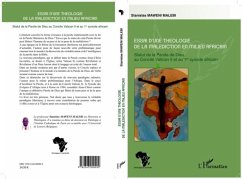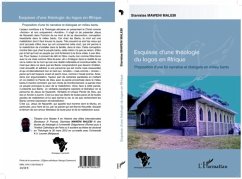Der Begriff der "Auszeit" hat seit den 2000er Jahren einen enormen Aufstieg erlebt und erfreut sich einer bemerkenswerten Popularität. Die vorliegende Arbeit nähert sich diesem Phänomen aus praktisch-theologischer Perspektive und profiliert Kirche als "Auszeitexpertin". Dazu wurden exemplarisch zwei Auszeiten ausgewählt: Sonntag als Auszeit vom Alltag und das Sabbatical als Auszeit vom Beruf. Der Blick in Geschichte und Gegenwart dieser beiden kulturell geprägten Zeitzyklen zeigt, dass die biblisch eng verwandten Konzepte Sabbat und Sabbatjahr unterschiedlich starke (kirchliche) Traditionen ausgebildet haben. Von besonderem Interesse ist dabei die Frage der konkreten Gestaltung von Sonntag und Sabbatical. Für die Berufsgruppe der Pfarrpersonen wird hier erstmalig eine empirische Studie zur Sabbatical-Nutzung vorgelegt. Die Arbeit reflektiert, inwiefern spätmoderne Lebensbedingungen (z.B. Beschleunigung oder Ökonomisierung) die Gestaltung von Auszeiten fördern und/oder hemmen und lotet Handlungsspielräume einer ecclesia sabbatica aus. [Time Out as a Beneficial Interruption. Lines of Development of Sunday and Sabbatical and their Shaping in Late Modernity from a Practical-Theological Perspective] The concept of "time out" enjoys since the 2000s a remarkable popularity. The present study approaches this phenomenon from a practical theological perspective and profiles the church as an "expert on time out". For this purpose, two time-out periods were selected as examples: Sunday as a time-out from everyday life and the sabbatical as a time-out from work. A look at the past and present of these two culturally shaped time cycles shows that the biblically closely related concepts of the sabbath and the sabbatical year have shaped different (church) traditions. For the professional group of pastors, an empirical study on the use of sabbaticals is presented here for the first time. The study reflects on the extent to which late modern living conditions promote and/or inhibit the organisation of sabbaticals.
Dieser Download kann aus rechtlichen Gründen nur mit Rechnungsadresse in A, B, BG, CY, CZ, D, DK, EW, E, FIN, F, GR, H, IRL, I, LT, L, LR, M, NL, PL, P, R, S, SLO, SK ausgeliefert werden.

